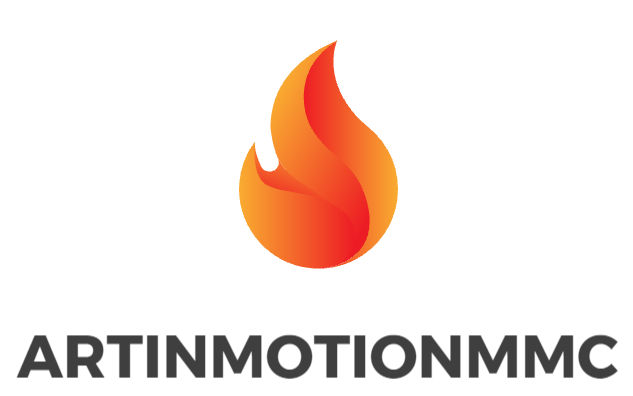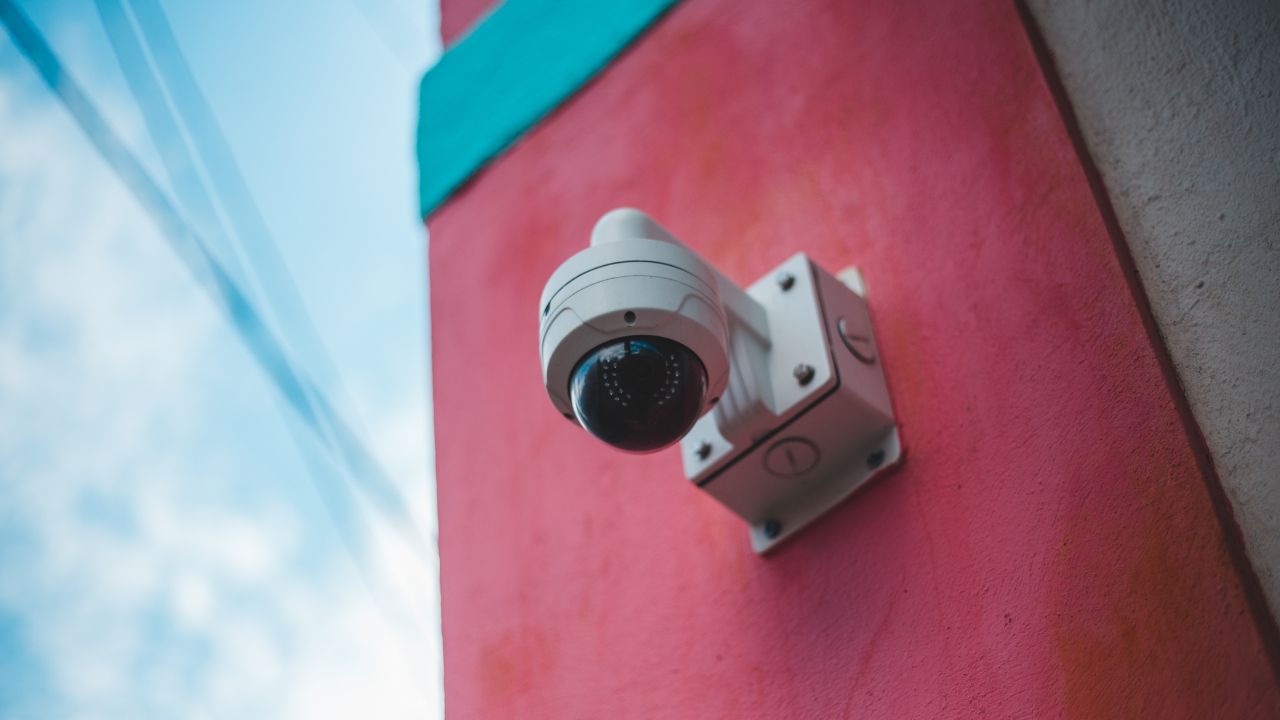The modern smart home is no longer an idea that belongs to the future, but a reality in the world, and in most homes. Security, convenience, and connectivity are the new demands of homeowners, which are supposed to work in harmony. The ip camera professional manufacturer is producing Smart IP cameras that are one of the numerous gadgets that have led to this change. These are no longer mere passive capturing devices but smart, interconnected cameras capable of easily blending into the larger smart home system. Their capability to unify the real-time observation, AI-based analytics, and the possibility to be integrated with other smart devices has made home security more of an interactive and efficient experience.
The Role of Smart IP Cameras in Smart Homes
Smart IP cameras are now a necessity in new houses since they can do more than just surveillance. They are the eyes of the smart home system, and they provide constant surveillance and immediate warning in the event of any suspicious activity. When these cameras are installed outside or inside our premises, they provide a security aspect that safeguards its occupants in addition to adding convenience to daily living. In contrast to the old-fashioned cameras, when retrieval of footage had to be done manually, smart IP cameras provide live streams on mobile apps, cloud-based systems or directly on smart home hubs. This real-time availability renders them indispensable in homes that are very concerned with security as well as technology incorporation.
Seamless Connectivity with Smart Devices
The most important advantage of smart IP cameras is that they can be linked with other gadgets in the house. The vast majority of smart IP cameras can be connected to well-known smart homes. This enables homeowners to manipulate cameras using voice commands or link them to automation schedules. An example is that a homeowner may program lights to automatically run when a camera moves at night or set up the thermostat to automation when the house does not seem to be occupied. The smart IP cameras also help in bringing about a synchronized and intelligent living environment through compatibility with other related devices.
Energy Saving and Intelligent Power
Modern households are becoming more and more sustainable and energy efficient, and smart IP cameras are no exception. There are numerous models of supporting flexible power solutions, battery recharging, and solar-powered systems. These solutions do not just reduce the reliance on conventional wiring, but also reduce energy consumption. Through the connection with the energy management systems of the smart home, cameras can be programmed to work effectively, including turning to low-power modes at some point in the day. Such functionality and sustainability will be in line with the agenda of the new eco-friendly smart home.
The Smart Home Customization
Another technology that smart IP cameras have led in is customization. The camera allows customization so that homeowners can adjust the camera settings to suit their lifestyles, whether it be by changing the sensitivity or creating privacy zones or choosing the preferred cloud storage capabilities. These customizations can be applied to all devices by integration with smart home apps, which means that the home works based on individual habits. As an example, the parents can program the system to be attentive to the baby's room at nighttime, whereas business people might be interested in perimeter surveillance when travelling.
The Future of Home Integration
With the development of smart homes, smart IP cameras are bound to assume even greater functions. The upcoming innovations might be more integrated with artificial intelligence, predictive analytics, and uninterrupted communication with other devices within the IoT. As an example, cameras might be used in conjunction with smart door locks to automatically close doors when no people are spotted indoors or cooperate with smart appliances to adjust the household's rest on occupancy. The future of smart homes will probably involve the implementation of smarter and smarter cameras, which will no longer be security devices, but all-inclusive home management.
Conclusion
The smart IP cameras can be considered the core of the modern smart home, integrating security, convenience and intelligence into one device. They can connect perfectly with other smart devices, provide AI-powered insights, and allow working remotely, which makes them a necessity in modern households. These cameras indicate the interests of contemporary life with its increasing attention to sustainability and customization. With further innovations, smart IP cameras will be more at the center of defining the future of connected homes to ensure that technology not only secure, but also adds value to everyday life.


